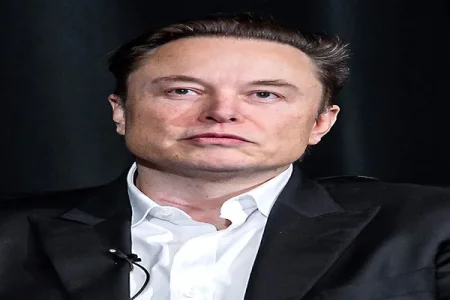
While many Nigerians struggle daily with inflation, fuel hikes, and unreliable power, U.S. billionaires are riding an economic roller coaster—losing and gaining billions like it’s Monopoly money. Trump’s first 100 days back in office have shifted fortunes, but for the ultra-rich, even their losses seem like another game.
It shows the surreal gap between economic realities. While many in Nigeria hustle for survival, wealth elsewhere can be so excessive that even a $10 billion loss isn't life-altering. A reference to America’s ultra-wealthy tech moguls, investors, and corporate giants tracked closely by Forbes.
- Trump’s comeback hits Wall Street: Billionaires like Elon Musk and Jeff Bezos gained or lost billions as markets reacted to Trump’s early economic signals.
- Policy benefits some, rattles others: Defense, oil, and crypto billionaires saw shifts based on expected deregulation, tariffs, and tax moves.
- Losses don’t sting equally: Despite Forbes tracking billions in “losses,” most of these individuals remain among the richest people in history.
- It’s all paper... until it isn’t: Much of the gain or loss is based on stock prices, not actual money moving, making it a game of perception more than pain.
Compare that to Nigeria: here, a ₦10,000 loss could derail a household. A failed POS transaction can be an emergency. While U.S. billionaires adjust their portfolios, many Nigerians are just trying to afford a full meal or transport to work. The contrast is jarring—but also clarifying. We’re not in the same world.
As Trump pushes for deeper tax cuts and deregulation, U.S. markets may grow even more skewed toward the wealthy. For Nigerians, the lesson might be this: don’t look to billionaires for cues on survival. Their losses are not your losses, and their wins were never meant for you.




